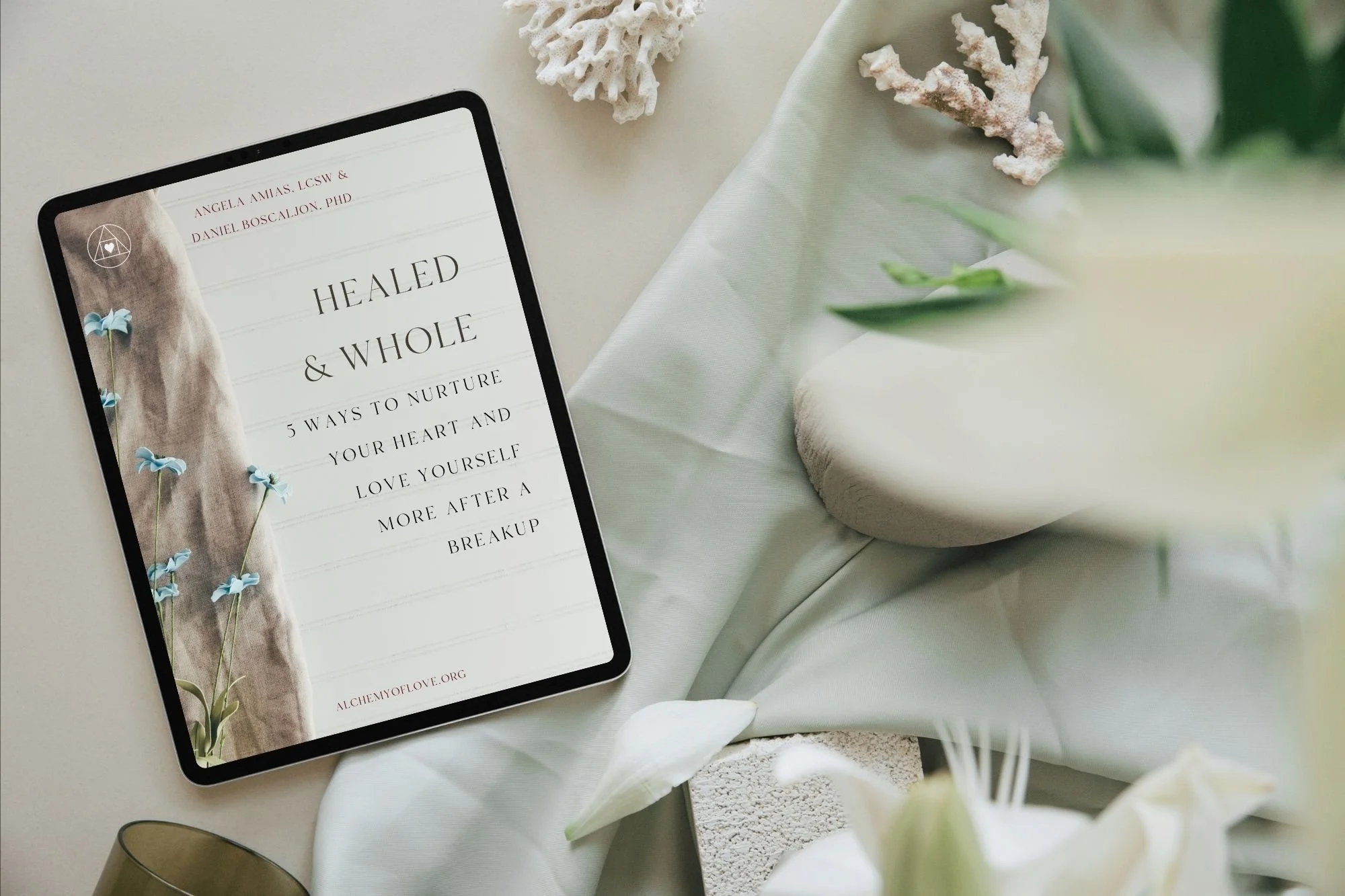I have complex trauma from childhood. How do I learn to love myself?
Mary writes: “I believe my current diagnosis to be true Complex Trauma. How do I nurture myself when I don't remember when the last time I've ever felt nurtured? I've been divorced after a long term codependent relationship. I feel lost and numb, quite often alone and scared, at times anxious and depressed. And I’ve realized I have never even known myself.”
Dear Mary,
Your question goes right to the heart of why we do what we do at Alchemy of Love. Our mission—bringing more love into the world, one relationship at a time—begins with helping all of us who’ve experienced childhood trauma learn how to love ourselves.
For many of us, healing past trauma and learning to love ourselves starts with learning how to care for ourselves even when we may not have any memories of being loved and nurtured by another person.
Missing out on being nurtured and cared for properly as children makes us vulnerable to ending up in a codependent relationship as an adult. We are already used to not having our own needs considered and instead focusing on what others need from us.
When we’ve never been nurtured, relationships in which the focus is all about the other person can feel incredibly normal, because they’re familiar. In some ways, they feel comfortable.
We don’t have to think about ourselves or really know ourselves at all. Instead our entire focus is on the other person—what do they want, what do they need, what are their preferences?
As a side note, if you ever want to know whether you’re in a codependent relationship, one of the first clues is that you know way more about what the other person thinks and feels than what you think, feel, want, and need.
As your question highlights, there’s a strong connection between learning how to nurture yourself and actually knowing yourself.
So, let’s talk about getting to know yourself better. This has to come before learning to care for yourself because you need to actually know yourself before you can discover how to nurture yourself in all the ways that you deserve to be nurtured.
Think back on this codependent relationship you were in for a long time. I bet you could tell me lots and lots of little details about your former partner’s likes and dislikes. For instance, you might know that they couldn’t tolerate hearing any noises after they went to bed at night … and they despised raisins in their pastries … and you couldn’t ever wear any perfume because certain smells gave them a headache. You might know that they liked medium sized dogs but not little ones … and that they didn’t like it when you made crude jokes … and they only ate eggs if they were hardboiled. You get the picture.
Knowing someone well means knowing lots of little details about them (although it shouldn’t ever require you to walk on eggshells in order to accommodate their endless preferences).
So what are your preferences? What do you like? And just as importantly, what do you dislike? What’s your favorite way to wake up in the morning? What’s your favorite way to spend a rainy Saturday afternoon? What makes your heart sing?
Getting to know anyone, including yourself, can feel like a beautiful adventure of discovery.
But for those with childhood trauma, especially if you’ve spent a long time focusing all your energy and attention on understanding someone else, learning who you are can initially feel mysterious and confusing and even overwhelming.
That’s why it can be helpful to start small when you’re just getting to know yourself. Start by paying attention to your preferences—what you like and what you don’t like. Think back to all that attention you poured into figuring out your former partner’s likes/dislikes/wants/needs when you were together.
Now imagine what it would be like to know all these little details about yourself that you knew about your former partner.
At first, paying attention to yourself might feel uncomfortable. It might feel odd to even consider your own preferences …much less treat them like they actually matter.
Your preferences do matter.
Attending so closely to your former partner’s preferences was probably a survival strategy left over from childhood trauma. There were probably negative consequences for you if you didn’t get things just right or overlooked one of those preferences.
That’s not the case any longer and when it comes to learning your own preferences, there’s very little risk if you get things wrong initially. What I mean by this is that if you make a mistake—if you think you’ll like nigiri so you order that for lunch instead of a grilled cheese sandwich … and then it turns out you don’t really care for sushi—the consequences are minimal and now you’ve learned something new about yourself.
When I work with people who feel like they don’t know themselves at all, as a result of complex trauma from childhood and a lifetime spent focusing on other people’s needs, they often feel like they need to figure themselves out instantly. It’s like: I feel so behind everyone else my age, I need to catch up!
But that kind of pressure is counterproductive.
We often feel like we need to make grand gestures when we’re trying to grow or change. Learning to nurture yourself as part of healing complex trauma can feel like an impossibly big project.
But, in my experience, it’s more effective to approach this kind of personal growth and healing like it’s a series of small steps. And each of these steps can be broken down into even smaller steps. So all you actually need to do is find the thing that feels like a manageable next step.
So if Step One is getting to know yourself—including what you think, what you like, and what you want for your life—then the first part of Step One is just paying attention to yourself and seeing what you discover.
Approaching this step with curiosity is key.
It’s no good to say to yourself: It’s so childish to prefer grilled cheese sandwiches over sushi. It makes me seem unsophisticated. Or: Everyone else thinks Wicked was a great movie … but I was totally bored.
That’s self-judgment—not curiosity—and self-judgment and withholding self-acceptance are both forms of trauma repetition.
In other words, by judging and criticizing your authentic preferences, you’re actually repeating the trauma you experienced during childhood.
Nurturing yourself means embracing what actually feels good to you and allowing that to guide your choices. It means being able to set aside what you think you “should” do and what other people might think about you in order to make space to tune in and embrace what happens to be true for you.
Now let’s talk about nurturing yourself as a way of healing from past trauma. As you get to know what feels good to you in your life, beginning with the small things, you will start to gather clues about ways you can begin expressing care for yourself.
For example, if you discover that your ideal start to a Saturday is sleeping in, that means that you start turning your alarm clock off on Friday night before you go to bed. Or, if you realize you feel better when you eat real meals instead of just grazing on whatever is easily available, it might mean setting aside one day a week to grocery shop and prepare meals for the week.
In my work, I’ve observed a tendency for people to dismiss these kinds of small actions, as though they’re too simple or insignificant to make a difference. But lurking underneath these reasons for dismissing small acts of self-care is often a deep discomfort with showing oneself care, attention, and love.
When someone misses out on being nurtured as a child, the natural conclusion (at least in a child’s mind) is that they didn’t get that nurturing because they didn’t deserve it for some reason. They weren’t good enough, nor lovable enough, nor did enough to earn care and attention.
None of these things are true. Yet, even when we’re adults, these beliefs can still be buried deep within us. And strangely, this feeling of not deserving love and care gets activated again when we start learning how to nurture ourselves.
In other words, even though it doesn’t make sense to our rational mind, it can feel wrong to take care of ourselves and show ourselves love and kindness. It can dredge up feelings of shame and guilt and being undeserving. Or, there can be a false belief that tending to your own needs and preferences is selfish. (It’s not.)
This is how so many people who experience complex trauma from childhood neglect or abuse can end up mistreating themselves in adulthood. Even though it doesn’t feel good, ignoring and neglecting your own needs feels familiar and therefore normal.
Learning how to nurture yourself is perfectly natural. And as I’ve described, the steps toward better caring for yourself are also fairly straightforward. But that doesn’t mean it’s easy.
It requires being prepared for facing some uncomfortable feelings as you learn how to care for yourself and show yourself love-in-action (which is what nurturing really is).
Nurturing yourself now can bring up painful feelings about all the nurture you’ve missed out on at critical times in the past. If it feels unbearably uncomfortable, this is definitely a time to get some good support if you’re able to, by finding a trauma-informed therapist, coach, or counselor.
The hopeful news is that even when taking these new steps feels scary because it’s unfamiliar, these steps are still taking you in the direction of healing, recovery, and growth.
They’re taking you into a future that doesn’t resemble your past and that’s a very good thing. Your desire to have a future that’s better than your past—that something that’s true about you. That’s one of your preferences. And you can use this desire as a guiding light as you continue to learn more about yourself and how to nurture yourself.
As you continue this journey of experimenting, getting to know yourself, discovering your likes and dislikes, you will likely feel uncomfortable at times because you will be in unfamiliar territory.
Another way to think of this process is that you’re breaking new ground and building a new life for yourself—one that’s different than any you’d imagined was possible.
It’s okay to take it slowly, one step at a time, acclimatizing yourself to new habits of self-love and self-nurture, relishing the small self-discoveries along the way, and experiencing the true joy of really knowing and loving yourself.
And on that note, I’m wishing you happy travels as you journey along this path of healing and growth.
~ Angela
Creating fulfilling relationships after trauma is a journey. Enter your email to subscribe to Ask Angela and get thoughtful, trauma-informed relationship advice delivered to your inbox.
Ask Angela is an advice column dedicated to the topic of having fulfilling relationships after trauma. Click HERE to submit a question for Angela.
DISCLAIMER: this content is intended for informational purposes only and does not constitute professional medical or psychological advice, diagnosis, or treatment. Always seek the advice of your physician or other licensed health care provider with any questions or concerns you may have regarding a medical condition.
about angela Amias, LCSW
Angela Amias, LCSW is a relationship therapist and nationally-recognized expert on trauma and relationships. She’s the co-founder of Alchemy of Love, which provides trauma-informed relationship programs and resources. She’s also the founder of the Institute for Trauma Informed Relationships, which provides training and education to therapists and coaches who want to help their clients heal past wounds and create more fulfilling relationships.
As an expert on trauma and relationships, Angela has been featured in numerous publications, including Today, Oprah, Cosmopolitan, The Independent, Well + Good, Inc., Forbes, Business Insider, Salon, MSN, Women’s Health and the Toronto Sun.







